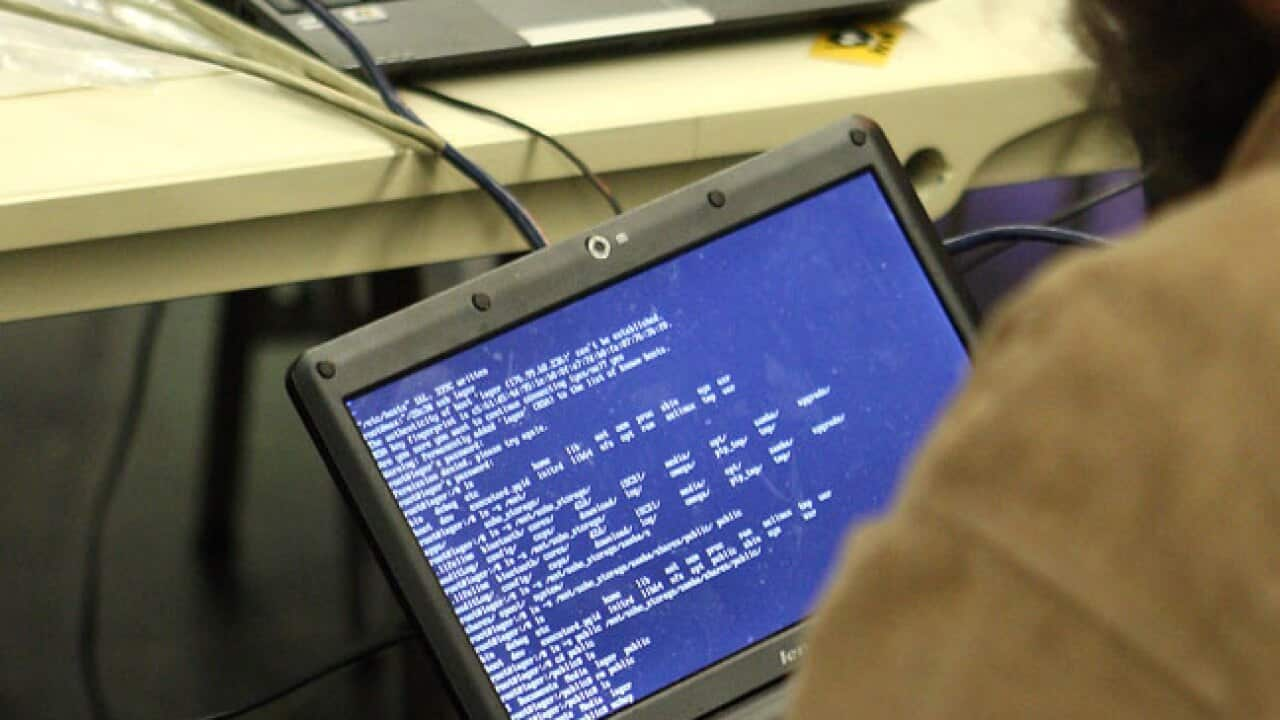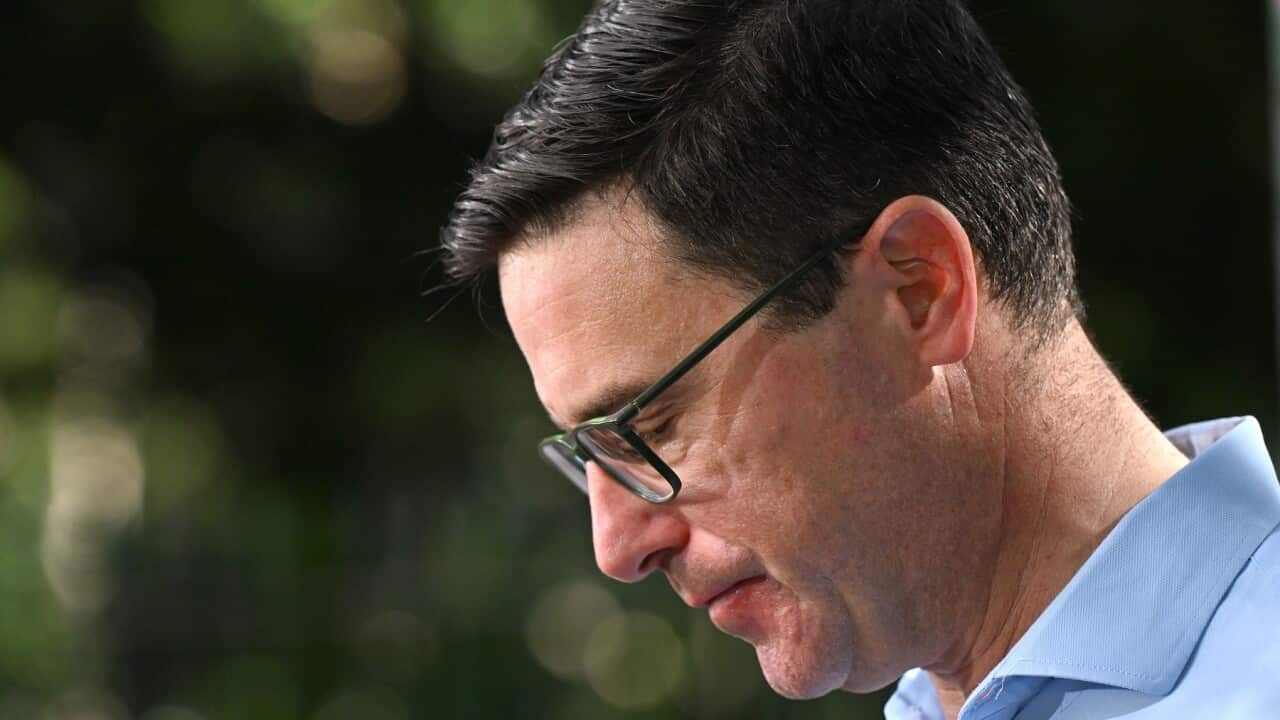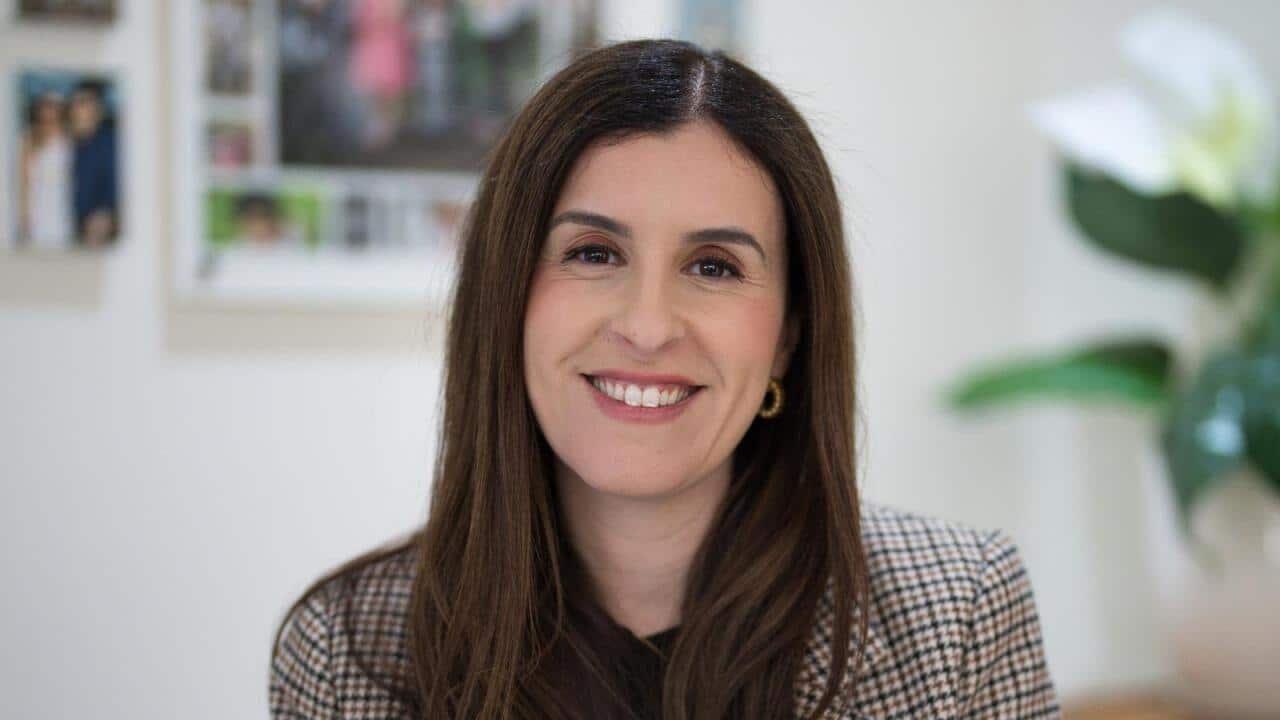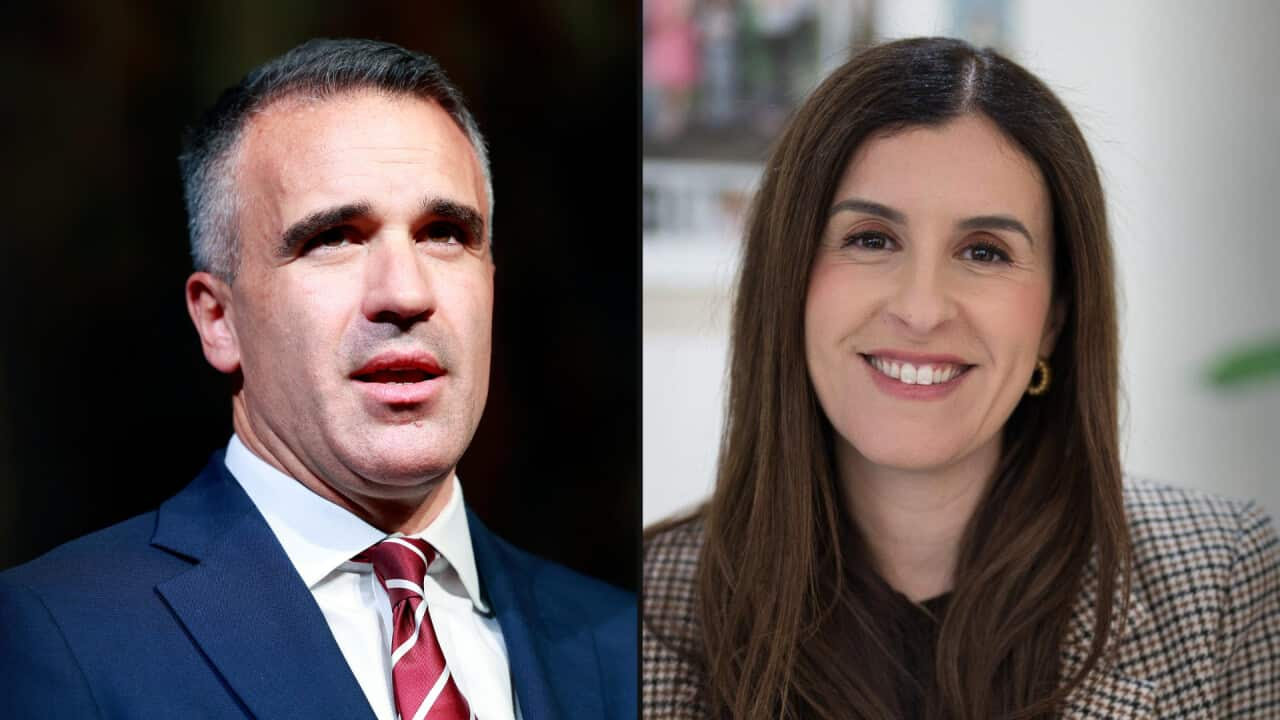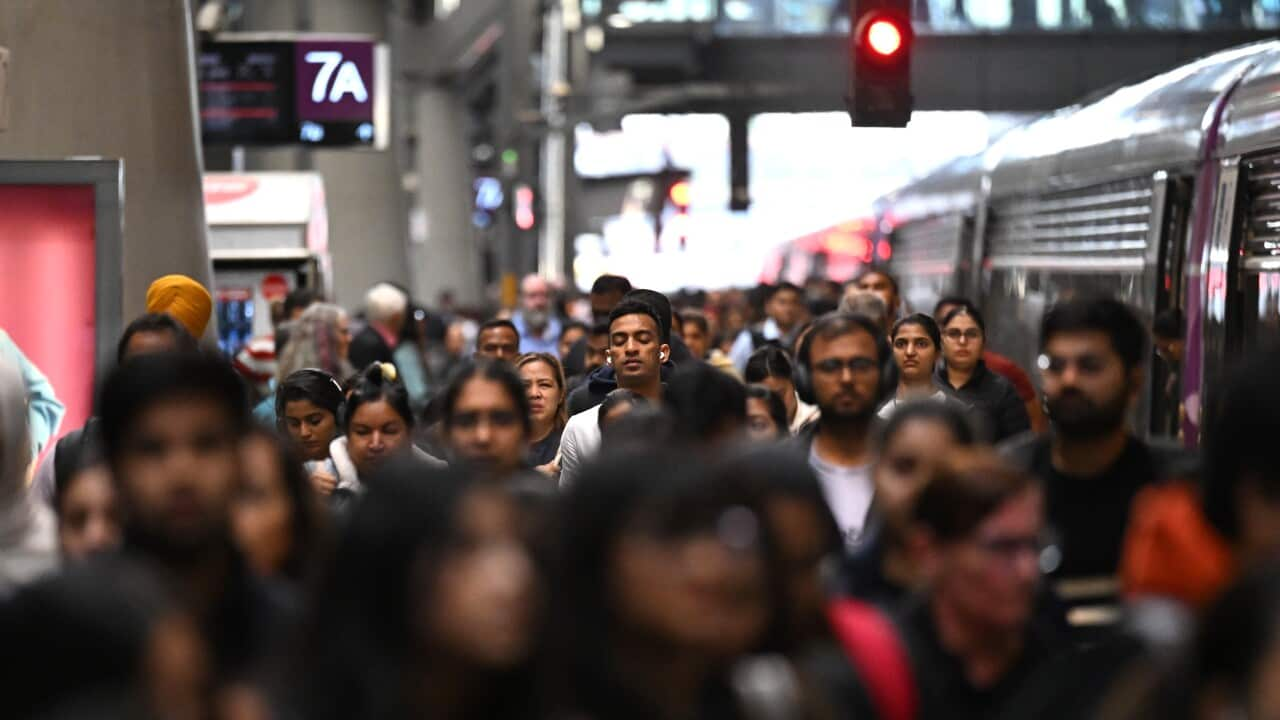Listen to Australian and world news, and follow trending topics with SBS News Podcasts.
TRANSCRIPT
We're living in an increasingly digital world.
More and more government services are online.
Government Services Minister Bill Shorten has overseen some of that process.
"Today I'm pleased to announce that Minister (Victor) Dominello and I have struck an agreement which will see on the national app, the myGov app, not only will you have national identity digital ID available in the wallet of the app, but the New South Wales driver's licence will be able to be dropped into the myGov wallet so that people can have that form of digital ID available very easily."
If we want to rent a home, applications are now almost always on the internet.
Digital QR codes are becoming more popular in bars and restaurants to order food and drinks - and we don't always physically line up to buy concert tickets anymore.
"This was the second presale opportunity for the five concerts, which are expected to gross a billion dollars."]]
Australians are leaving a digital footprint shopping for more mundane items too, like groceries, which are sometimes linked to loyalty programs.
Much of the attention has been on how the information from these types of transactions have been stolen in cyber breaches, and sold on the dark web.
Prime Minister Anthony Albanese has put a large amount of government resources towards that particular problem.
"Cyber security is a threat to individuals, to corporations, most importantly to their customers, but to us as a nation as well. That's why we've ramped up our funding of the Australian Signals Directorate. That's why we have a cyber security taskforce working with the business community on these issues."
But consumer data advocate Kate Bower says basic privacy is also at stake.
"Privacy isn't simply what we see in a data breach. It could be also somebody sharing information about you in a public forum that you are uncomfortable with, or a business disclosing information that you shared with one bit to another part without your consent, or something like that."
New South Wales Labor Minister John Graham has been among those to warn people to be cautious about who they give their information to, in case of scams.
"We're encouraging people to be vigilant about it. Make sure they've changed their details if possible and keep alert about this."
But Kate Bower says the gathering of information is bigger than any one person can necessarily control.
"People often have the feeling that they're being watched or that their information is following them around in their digital lives or sometimes even in the real world. And they feel like that because it's true. We've seen increasingly a culture of I would say over collection of data and a kind of rapid expansion of data-driven advertising and marketing models, so that now every type of business that you interact with is collecting information about you... You just go about your every day life, and suddenly you're getting ads that are personalised, and you're getting targeted ads and direct marketing in ways that you weren't before."
Retailers and other organisations typically collect information at the point of sale or contact to use for their business goals.
But Simon Lucey, the director of the Australian Institute for Machine Learning at the University of Adelaide, has previously told SBS News web scraping tools also collect massive amounts of data.
"If they're making huge profits from these technologies more effort has to go into where you're sourcing the data. And you're seeing some companies doing a good job of it, and some companies really not meeting the bar."
Kate says technology not keeping pace with privacy laws is certainly one issue.
But she says the other is that not everyone is currently bound by them.
That means that while the law stipulates what you must do with people's information, there are some organisations which don't have to follow those rules.
"I think most people don't understand that 95 percent of Australian businesses are not currently required to comply with the Privacy Act, and that's because of the large number of small businesses in Australia. And that can be particularly harmful. So for example, in our Rent Tech report we released last year, people were very concerned about the huge amount of data that real estate businesses are collecting through those (application) apps. And two thirds of real estate agencies are not covered by the Privacy Act."
The government appears to have recognised that change is necessary.
A review of privacy laws has been underway for some time, and legislation is expected to come to Parliament before the end of the year.
Assistant Treasurer Stephen Jones has said Attorney General Mark Dreyfus is focused on how the law might be strengthened to improve privacy - and what increased powers the regulators might need to ensure that happens.
"Mark Dreyfus is leading the Privacy Act review, with legislative reforms to be introduced into parliament later this year. Important job of work. I’m looking at digital platforms more broadly and what additional powers we might need to provide to our regulator so that regulators can take on some of the nefarious and less than opaque activities that are going on in these digital platforms."
